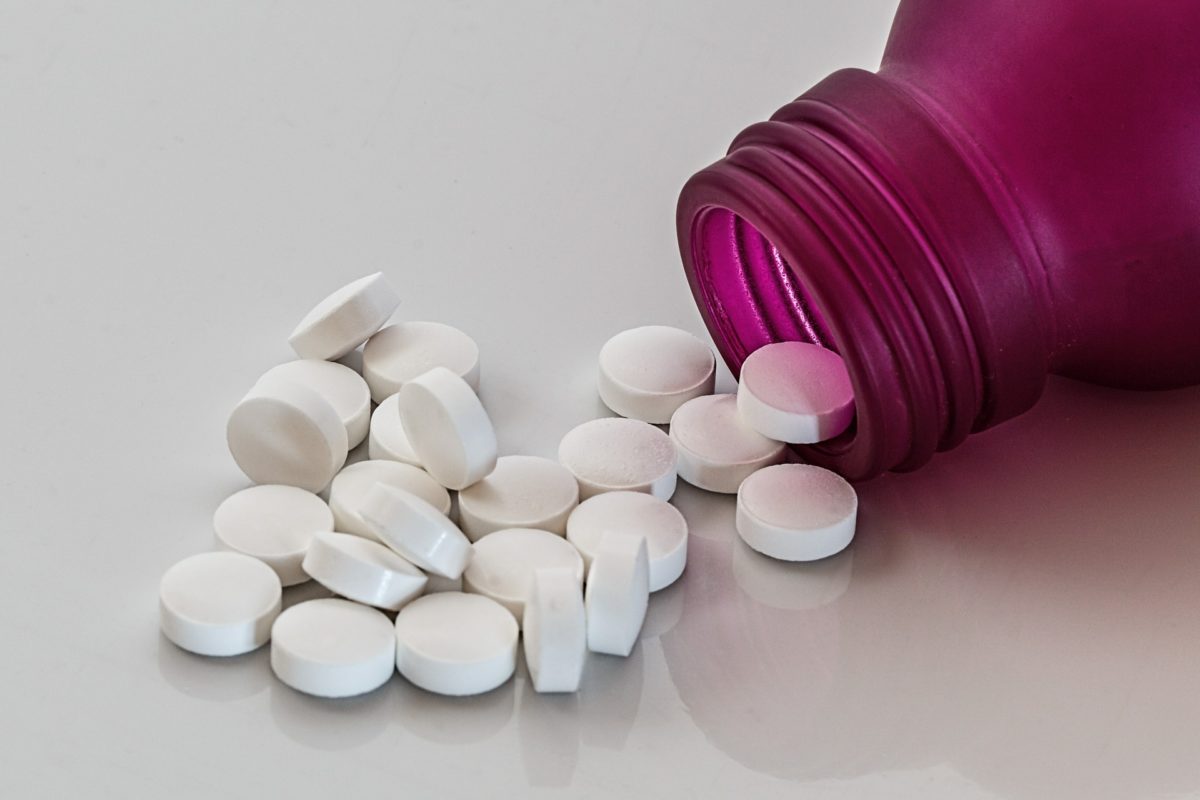KUALA LUMPUR, Dec 19 — The Federation of Malaysian Consumers Associations (Fomca) reiterated its stand for drug prices to be regulated, refuting arguments that price controls would affect medical tourism.
Fomca CEO Paul Selva Raj highlighted the Health Ministry’s Medicine Prices Monitoring 2017 report that found the median procurement price for originator drugs across the public and private sectors was 8.4 times higher than international reference prices, while for lowest-priced generics, the median procurement price was twice as high as prices in selected countries.
The report also found that the median mark-ups for originator and lowest-priced generic drugs’ retail prices in private hospitals were 51 per cent and 167 per cent respectively. The median mark-ups for medications sold in retail pharmacies were lower at 22.4 per cent and 94.7 per cent respectively for originator and lowest-priced generics respectively.
“The time to regulate medicine prices is way overdue,” Paul said in a statement.
“While making profits is obviously justifiable by any private company, excessive profits on medicines would have a serious negative impact on patients and consumer well-being.
“Excuses such as medical tourism would be affected if medicine prices are controlled, just indicates that some companies are more interested in making money from medical tourism rather than ensuring Malaysian patients have access to affordable medicines.”
The Pharmaceutical Association of Malaysia (PhAMA), which represents multinational pharmaceutical companies in Malaysia, previously said drug price controls may affect medical tourism.
The Health Ministry plans to use external reference pricing (ERP) to benchmark drug prices in Malaysia against seven to eight countries by choosing the average three lowest reference prices to determine the maximum medicine prices allowed here. Price ceilings are proposed at both the wholesale and retail levels, with violations punished by fines or incarceration.
PhAMA has proposed a price transparency mechanism, where drug makers declare their wholesale prices to the Health Ministry.








